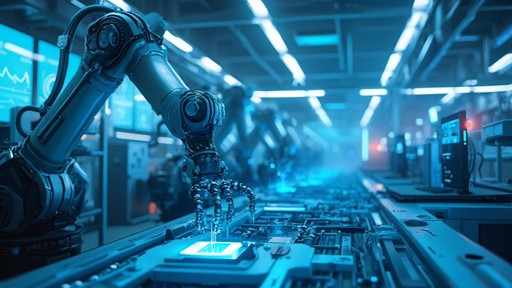Introduction
Artificial intelligence (AI) is revolutionizing industries across the board, from manufacturing to healthcare, retail to finance. With its transformative power and potential for innovation, AI is reshaping the way businesses operate, offering practical solutions to various challenges. This article explores the impact of AI in different sectors, highlighting case studies, trends, and future projections.
We will delve into how AI enhances manufacturing operations, improves customer experiences in retail and e-commerce, revolutionizes diagnostics and personalized treatment in healthcare, and enhances fraud detection and risk assessment in finance and banking. Additionally, we will examine the global AI market trends and the challenges and opportunities that lie ahead. Get ready to dive into the world of AI and discover how it is shaping the future of industries worldwide.
AI in Manufacturing: Case Studies and Trends
Artificial intelligence (AI) has become a pivotal force in the manufacturing sector, propelling what is known as Industry 4.0. Daniel D. Gutierrez, a seasoned data scientist and Editor-in-Chief at insideAI News, captures the sentiment of the industry by highlighting the transformative power of AI, particularly in the realm of predictive maintenance. This application of AI stands out as a beacon of creativity, enabling manufacturers to foresee potential equipment failures and mitigate downtime, thereby enhancing overall production efficiency.
The utilization of AI extends beyond maintenance, touching aspects of the manufacturing process such as quality control automation. By integrating AI, manufacturers are able to ensure higher standards of quality with greater consistency and precision. The deployment of these advanced systems leads to the optimization of energy use, which is a testament to Ai’s role in promoting sustainable manufacturing practices.
Recent surveys by the Manufacturers Alliance Foundation reveal a robust adoption of AI technologies, with 93% of manufacturers embarking on new AI initiatives over the past year. This widespread adoption underscores Ai’s capability to significantly enhance productivity, throughput, and quality in manufacturing operations.
Chang-hyun Kim’s team at the Korea Institute of Machinery and Materials (KIMM) has made strides in AI applications for robotics, developing technology that interprets user commands to automate tasks. This example showcases how AI can optimize the manufacturing process, making it more flexible and adaptable to changing demands.
The landscape of AI in manufacturing is constantly evolving, with companies keen on staying ahead of the curve. Simon Floyd from Microsoft advises manufacturers to prioritize business needs and establish a solid foundation as the first steps towards integrating AI. This approach ensures that AI solutions align with strategic business goals and are built on reliable data, fostering an environment where AI can truly thrive and drive innovation.
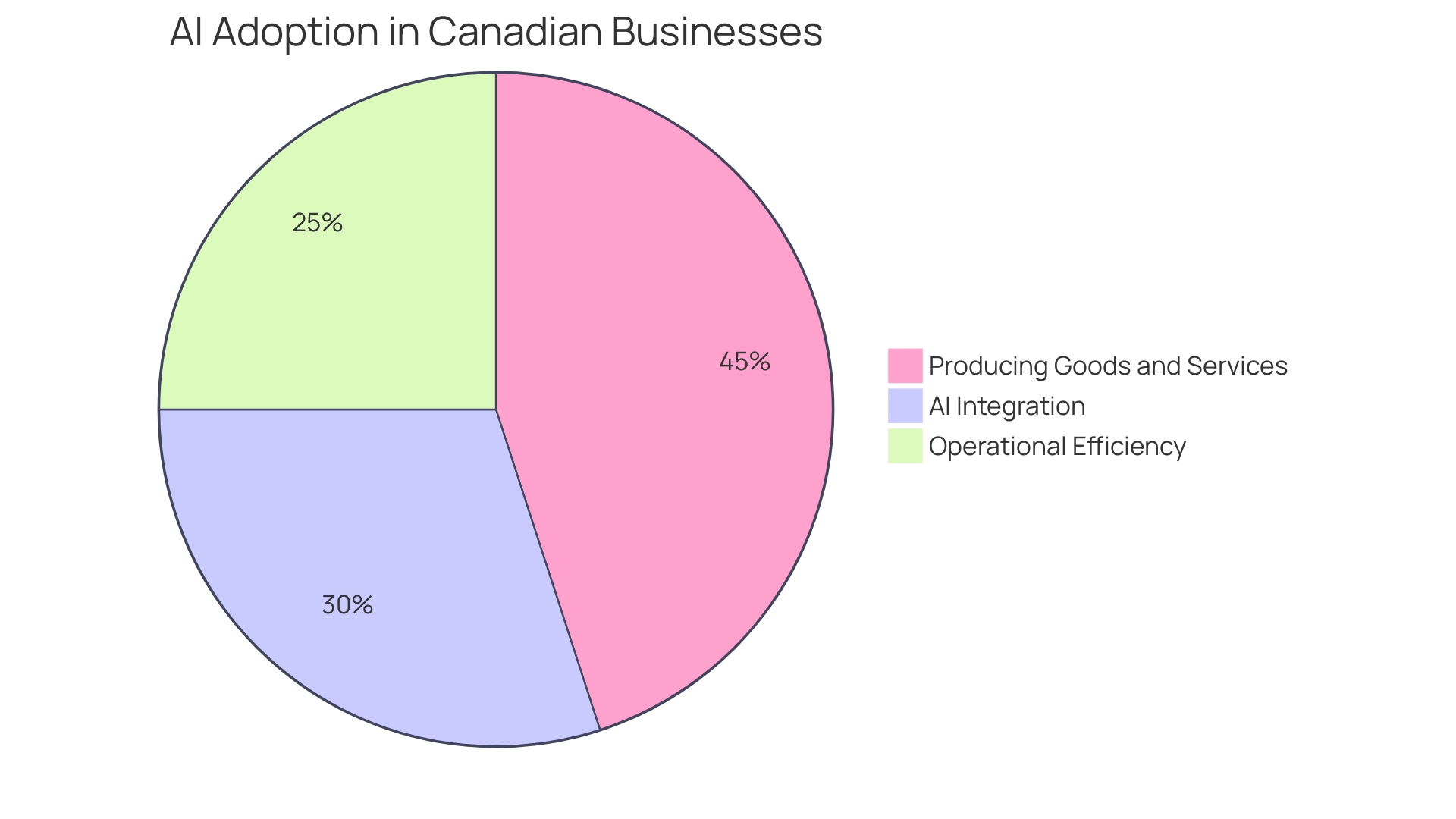
AI in Retail and E-commerce: Personalization and Inventory Management
Retailers and e-commerce businesses are increasingly utilizing the potential of artificial intelligence (AI) to revolutionize how they interact with consumers and oversee operations. AI-driven personalization has become a game-changer in creating tailored shopping experiences. For instance, Target’s Chief Information Officer, Brett Craig, emphasizes the company’s use of AI in various facets, from supply chain to inventory management. Their approach brings an additional level of delight to the buyer’s journey, whether in-store or online, especially during peak shopping seasons like the holidays.
At the heart of this transformation is the incorporation of AI in inventory management and client service. Simplifying processes that were once manual and time-consuming is a common starting point. Retailers frequently begin by automating tasks such as identity verification for inquiries and updating order statuses, which are not only abundant but repetitive and typically low in complexity.
The progress of AI in retail is also characterized by advancements like the checkout-free store in Dublin Airport, leveraging Zippin technology. Shoppers simply scan their payment card upon entry, with cameras and sensor-equipped shelves tracking their selections and automatically charging their card upon exit. This seamless shopping experience reflects the potential of AI to revolutionize retail operations.
Moreover, the travel industry provides a compelling case study with Holiday Extras, Europe’s leading travel extras provider. They’ve embraced AI to address the challenges of serving a diverse international customer base and maintaining a data-driven culture across the organization. By implementing ChatGPT Enterprise, Holiday Extras has empowered its employees, fostering originality and creativity while scaling operations across multiple markets and languages.
The retail sector’s AI journey doesn’t stop at customer-facing innovations; it extends to collaborative and creative endeavors as well. Walmart’s partnership with POCLab on The Cultureverse, a virtual metaverse experience, celebrates hip hop’s influence over the past 50 years. This initiative not only showcases the intersection of technology and culture but also highlights Walmart’s commitment to empowering black and brown creators.
In summary, the role of AI in retail and e-commerce is diverse, from improving the experiences of shoppers with personalized shopping to optimizing inventory management. As retailers continue to explore Ai’s potential, they are finding new ways to innovate, improve efficiency, and delight customers.
AI in Healthcare: Improving Diagnostics and Personalized Treatment
Artificial Intelligence (AI) is revolutionizing healthcare, offering groundbreaking tools for early disease detection and personalized treatment. For instance, advanced AI algorithms in dermatology analyze vast image datasets to identify skin conditions, including cancers. This deep learning process enables computers to pinpoint disease patterns, aiding clinicians in diagnosis. Such algorithms augment the expertise of healthcare professionals, who maintain the final decision-making power.
Pediatric healthcare is benefitting from AI, as seen with Summer Health’s text-based care system. It alleviates the administrative burden of crafting medical visit notes, which consumes more than half of a provider’s time, detracting from patient care. This shift promises not only to enhance the efficiency of healthcare delivery but also to reduce the risk of clinician burnout.
AI’s impact in personalized medicine is profound, with institutions like Harvard Medical School noting its ability to process complex datasets more effectively than humans. This capability leads to more accurate medical interventions. In the arena of public health, AI supports the growing demand for healthcare in an aging population, as underscored by a recent WHO report. Computer vision in breast cancer screening exemplifies AI’s role as a supplemental diagnostic tool, improving detection accuracy.
The integration of AI in healthcare does not come without challenges, including ethical considerations. Yet, as AI applications in healthcare continue to mature, they hold the potential to significantly enhance patient outcomes while streamlining operations, as highlighted by insights from GlobalData’s thematic intelligence reports.
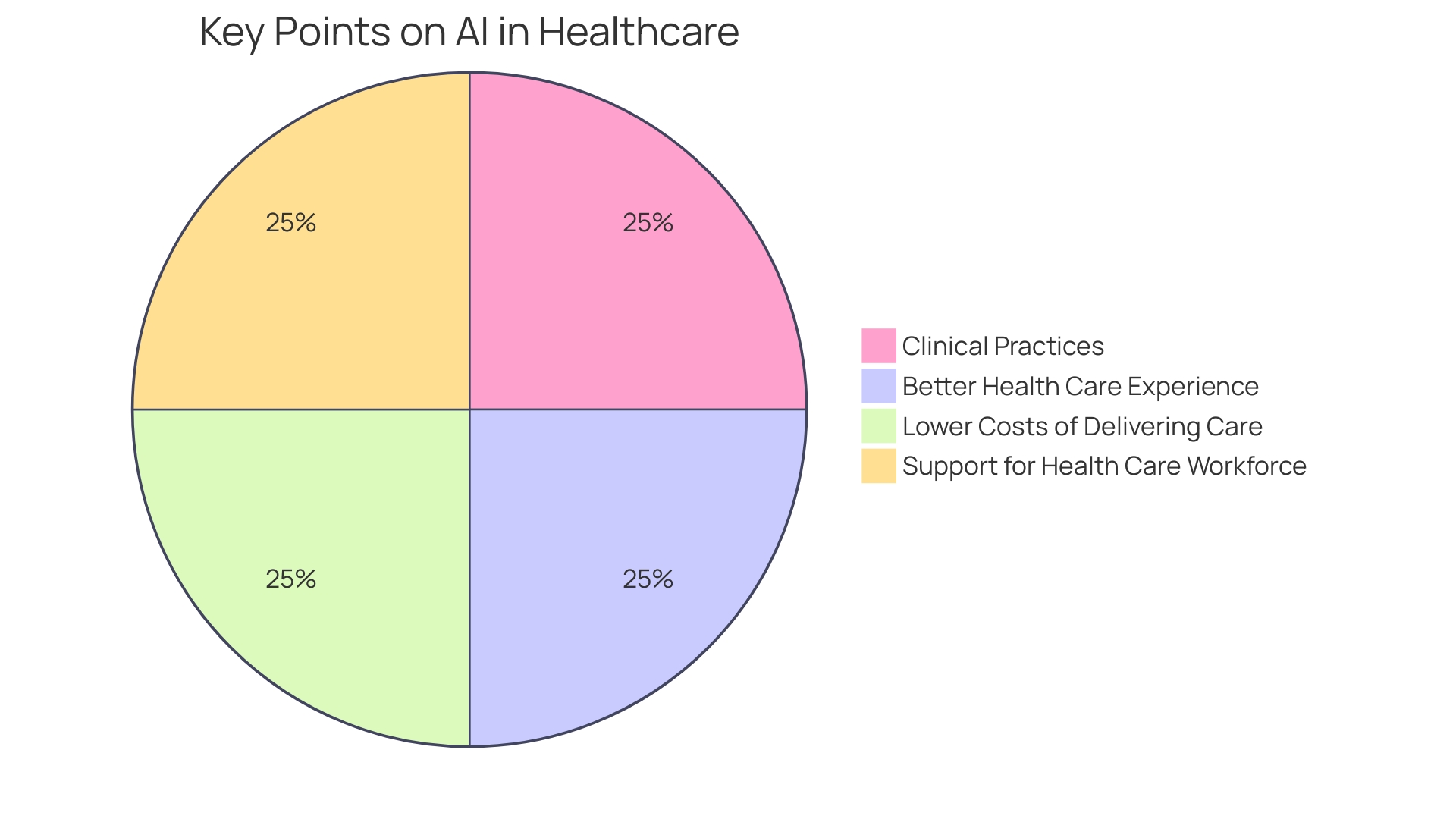
AI in Finance and Banking: Fraud Detection and Risk Assessment
As artificial intelligence (AI) continues to evolve, the finance and banking sector is leveraging its capabilities to enhance fraud detection and risk assessment. With a staggering 74% of organizations experiencing some form of payment scam last year, and anticipated fraud-related losses of $206 billion over the next four years, financial institutions are facing an uphill battle. AI and machine learning (ML) are leading the way in this battle, providing advanced solutions to analyze extensive amounts of information for patterns that indicate fraudulent activity.
The traditional rule-based systems are proving insufficient against the increasingly sophisticated fraud schemes. The complexity and volume of financial information only worsen the limitations of human detection methods. The implementation of AI-powered solutions is not only a technological upgrade but also a strategic business decision to maintain client trust and ensure the stability of the financial system.
Case studies, such as those involving Microsoft’s Responsible AI Standard, highlight the significance of establishing a strong AI governance framework that upholds ethical standards and ownership of information. Such standards are crucial as they provide a guideline for designing, building, and testing AI systems responsibly while addressing user concerns about data privacy.
Addressing the issue from an ethical standpoint is as important as the technical one, with industry leaders advocating for AI integration to be part of the organizational culture, reflecting the company’s risk appetite and ethical boundaries. With Ai’s potential to automate service through chatbots and provide automated investment advice, the future of finance and banking looks to be not only more secure but more efficient and user-friendly.
To effectively combat fraud and maintain the integrity of financial operations, embracing AI and ML technologies is becoming a necessity for banks and financial institutions. This strategic move can deliver enhanced security measures and smarter decision-making processes, ultimately shaping the future trends in the finance and banking sector.
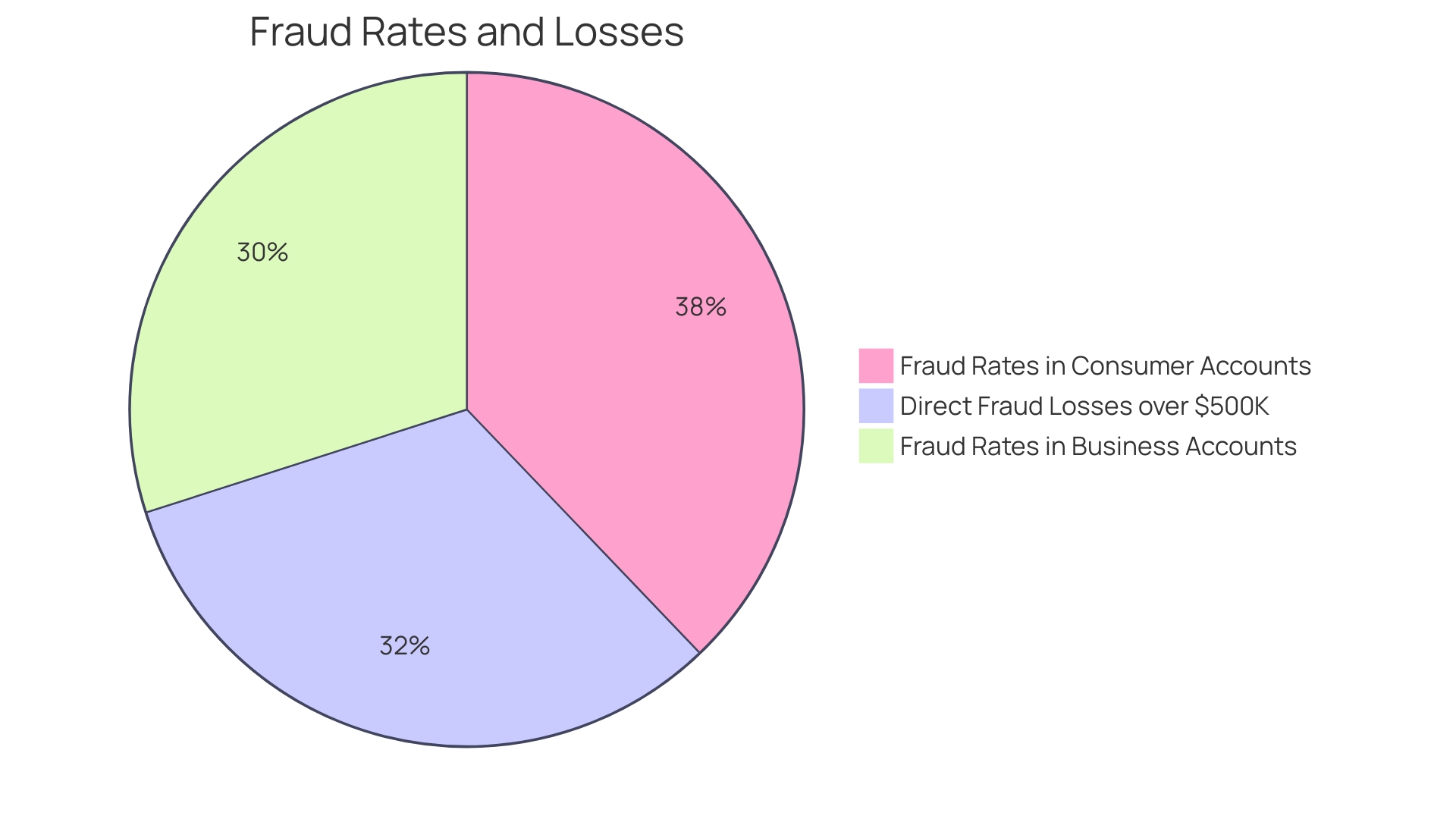
Global AI Market Trends and Future Projections
Artificial Intelligence (AI) is reshaping industries with its ability to outperform human intelligence in various tasks such as perception, reasoning, and learning. The AI market, currently flourishing with innovation, is segmented into key areas such as Computer Vision, Machine Learning, and Natural Language Processing, each playing a pivotal role in interpreting and interacting with the world around us. With a projected market size of US$305.90 billion by 2024 and an expected growth rate of 15.83% leading to US$738.80 billion by 2030, the United States is set to dominate the market. AI is not only enhancing productivity but fostering creativity, particularly in sectors like healthcare, where it’s instrumental in disease diagnosis and drug development, and customer service, with chatbots and virtual assistants improving user experiences.
Despite the encouraging expansion, the sector encounters obstacles, such as ensuring diversity of information and addressing ethical concerns like algorithmic bias and privacy worries. Regulatory frameworks are being developed to establish standards and mitigate risks. There’s also a pressing need for skilled AI professionals, highlighting the importance of education and training programs to bridge the talent gap.
The transformative impact of AI is evident, with companies like Google, Open AI, IBM, and Microsoft leading the charge. Open-source contributions have significantly advanced AI technology, although concerns about the openness and accessibility of research and data are emerging. As the AI market evolves, it’s crucial to remain vigilant about the ethical implications and to foster an environment that encourages continual learning and innovation.
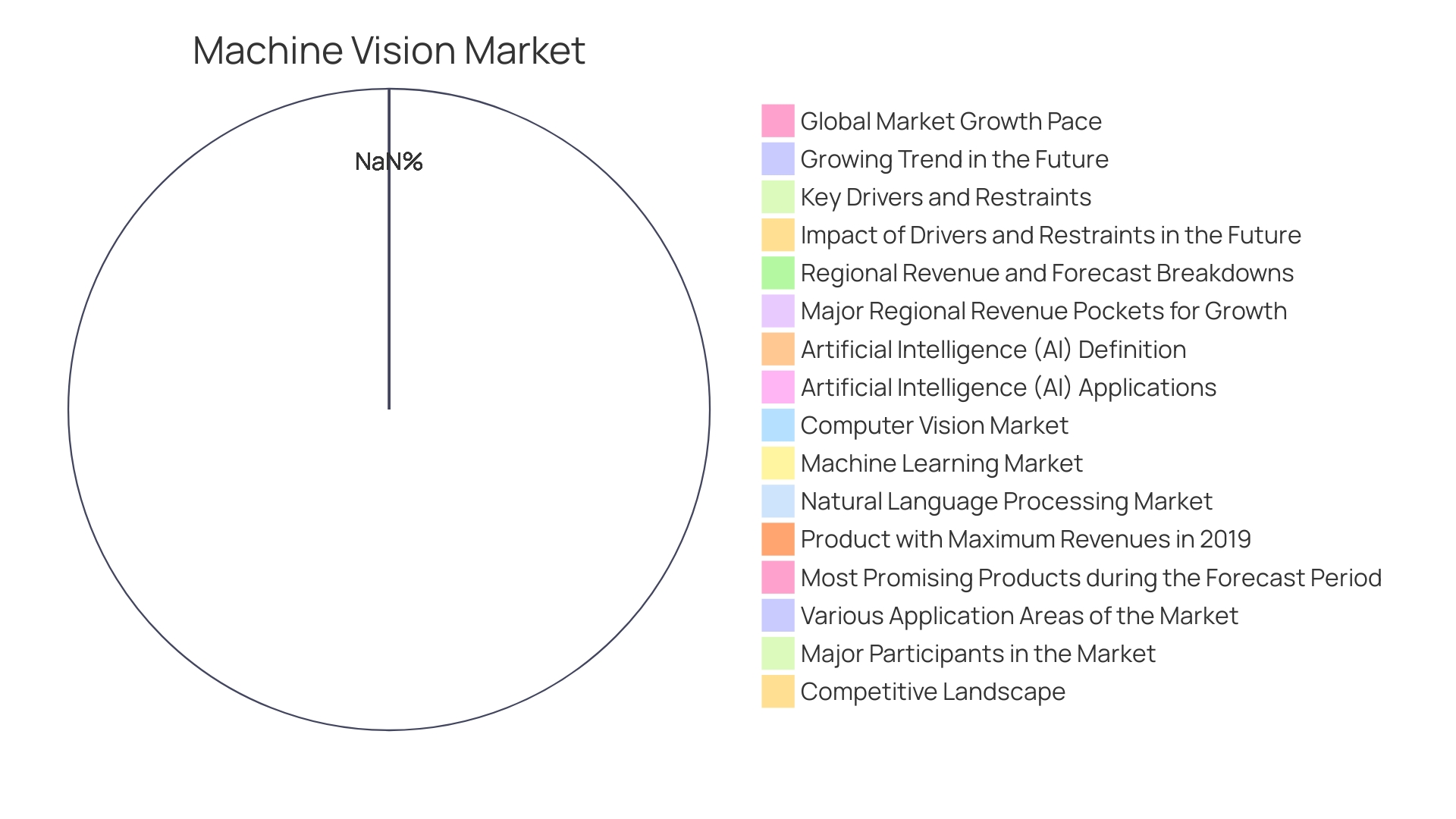
Conclusion
AI is revolutionizing industries like manufacturing, retail, healthcare, and finance. In manufacturing, AI enhances production efficiency through predictive maintenance and quality control automation. Retailers and e-commerce businesses benefit from AI-driven personalization, improving customer experiences and streamlining operations.
In healthcare, AI improves diagnostics and personalized treatment, aiding clinicians in disease detection and enhancing healthcare delivery. The finance and banking sector utilizes AI for fraud detection and risk assessment, ensuring stability and security. The global AI market is projected to reach US$305.90 billion by 2024, reshaping industries and outperforming human intelligence.
However, challenges like data diversity, ethics, and the need for skilled professionals must be addressed. AI offers practical solutions to industry challenges, and fostering an environment of continual learning and innovation is crucial as the AI market evolves.

